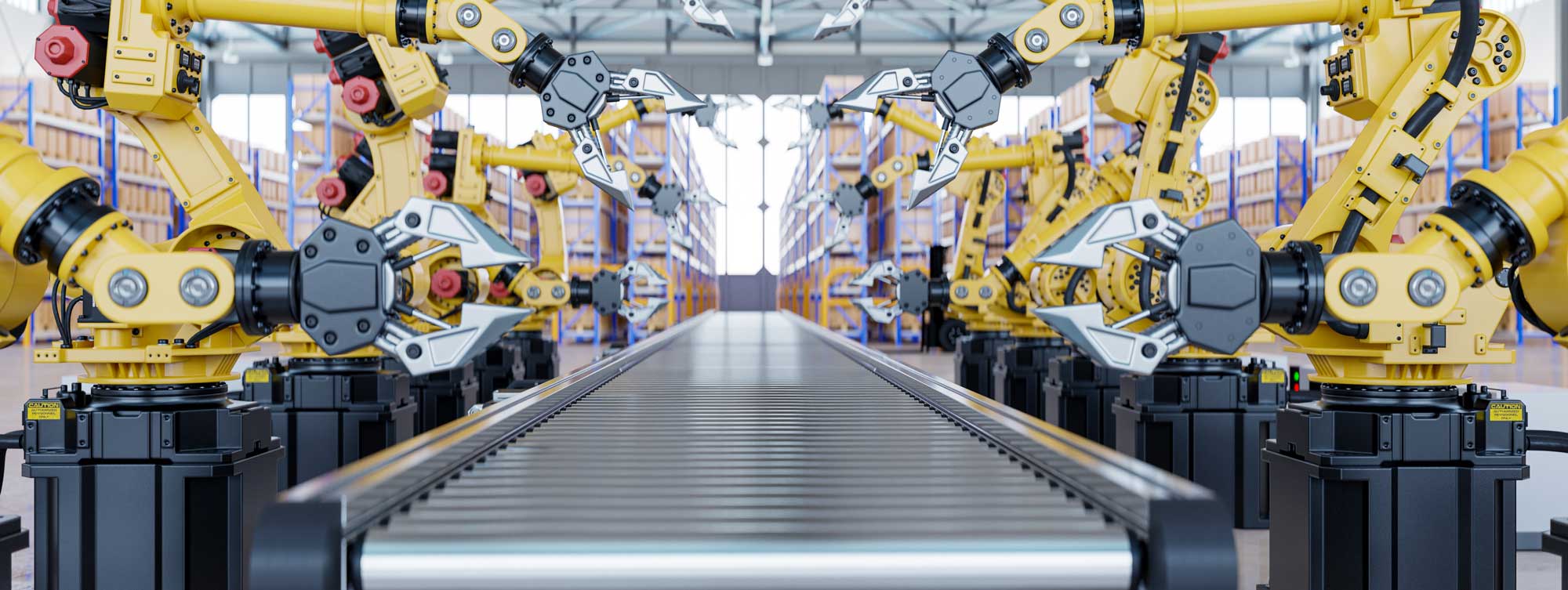In the context of factory automation, IIoT plays a pivotal role by connecting factory floor equipment to enterprise systems, enabling real-time data collection and analysis. This connectivity not only improves decision-making but also allows for predictive maintenance, reducing unplanned downtime and enhancing productivity.


Sorry, the comment form is closed at this time.